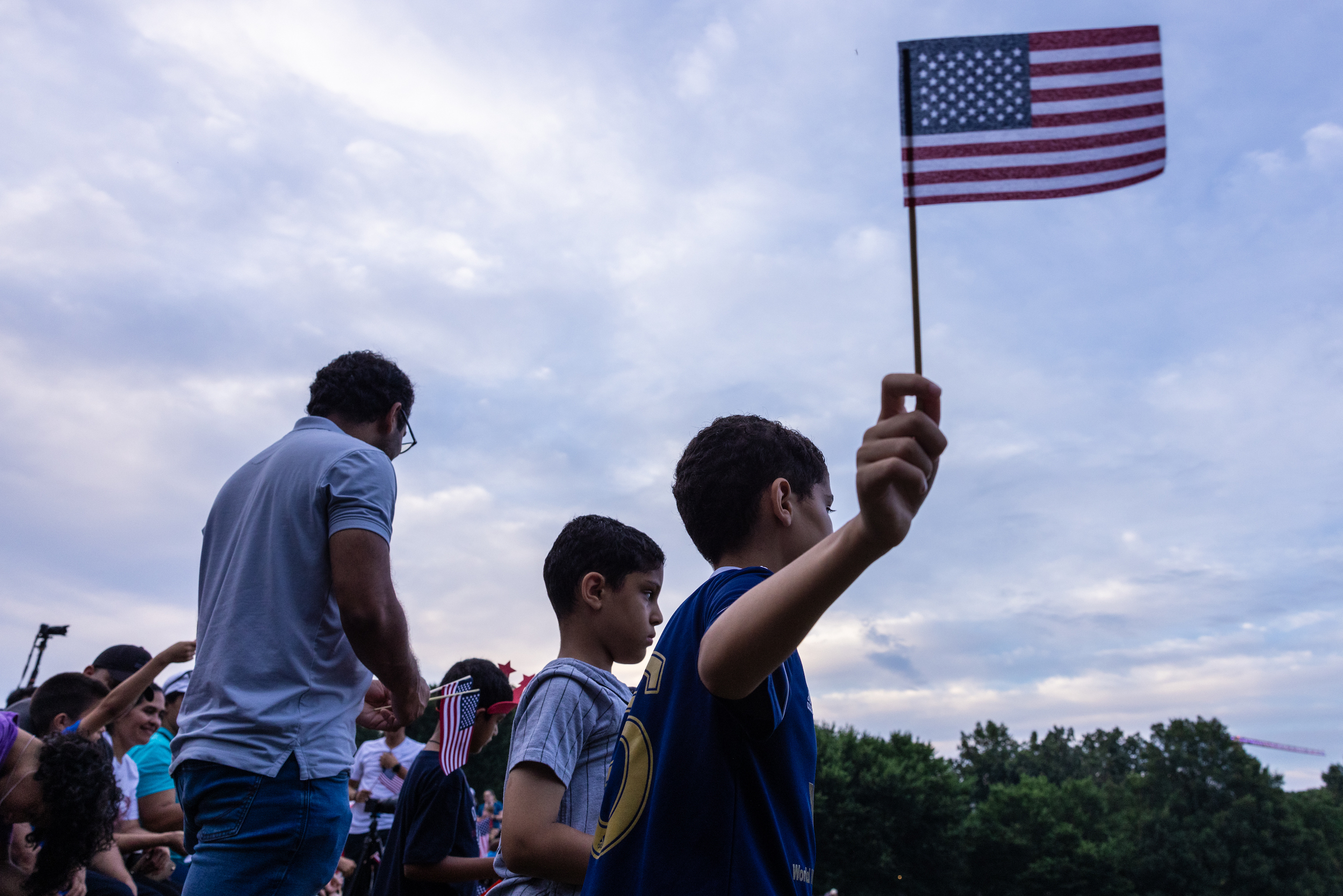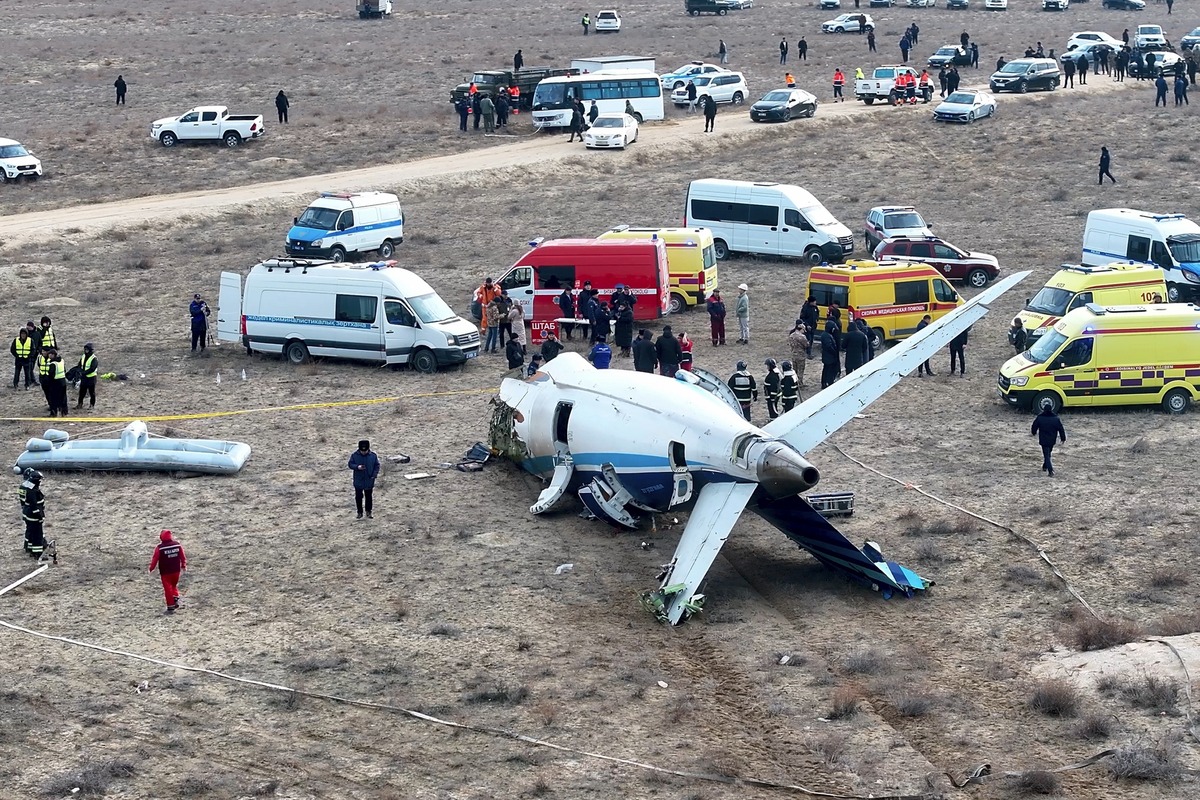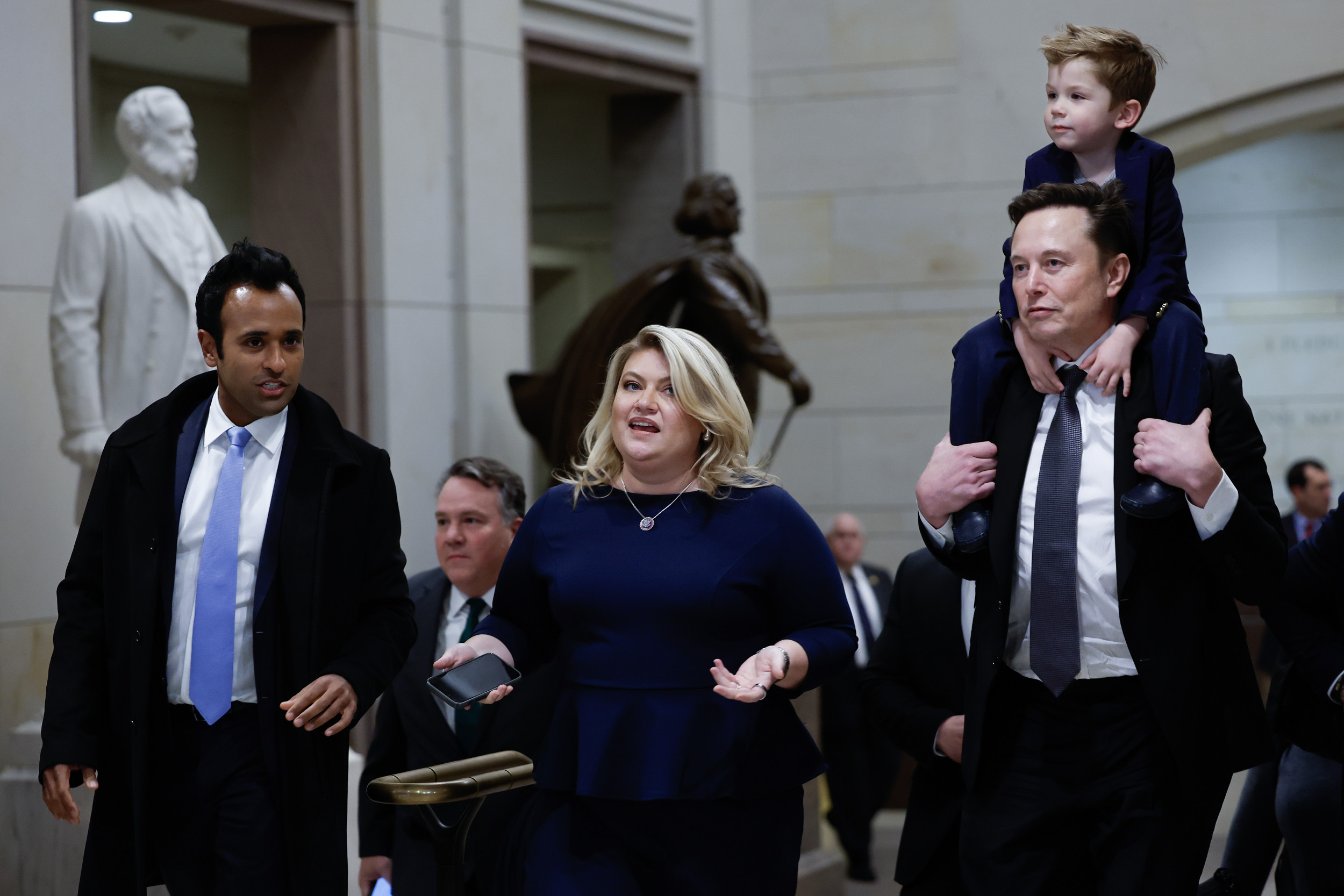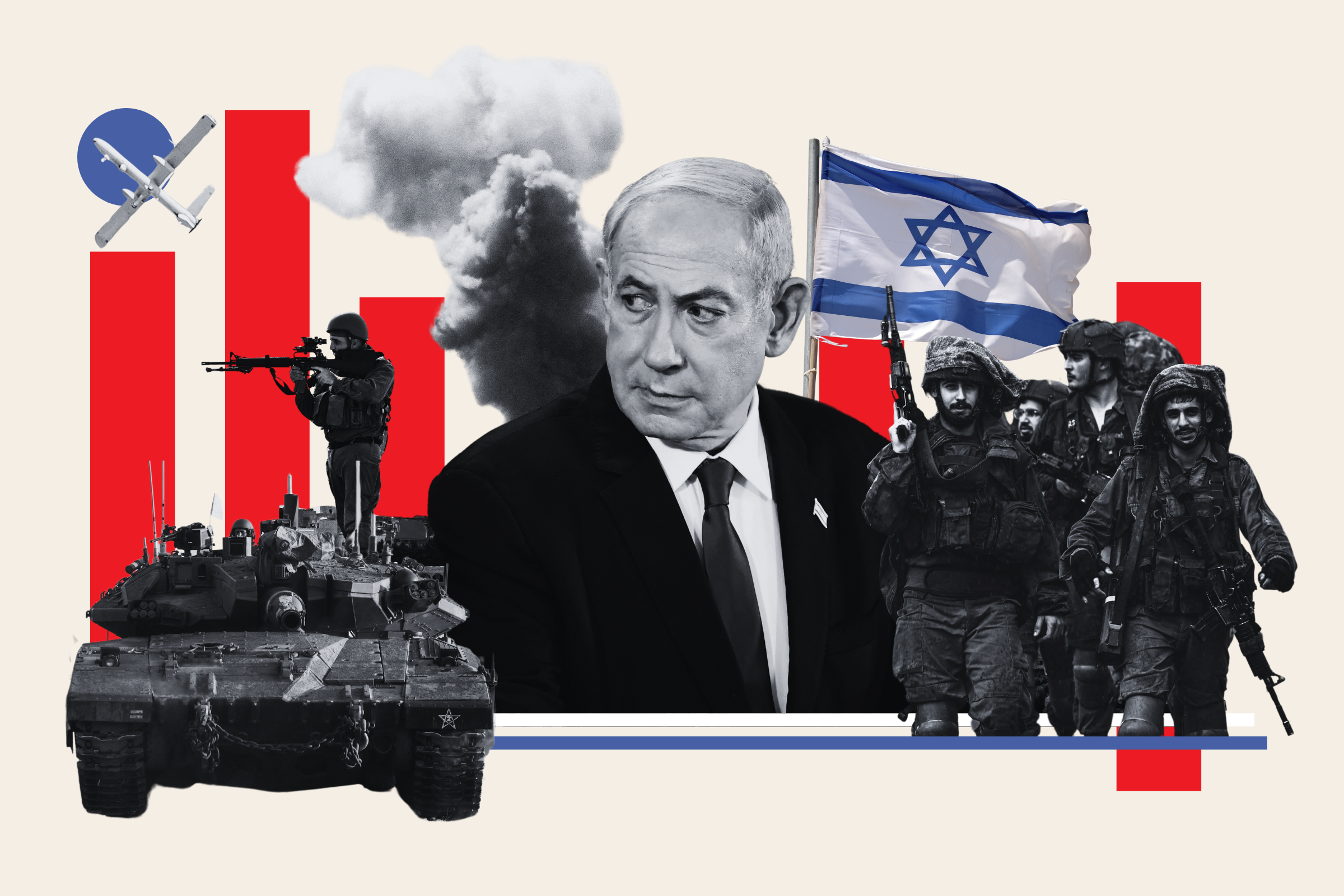It's been a very bad month for terrorists and their sympathizers.
No matter how you feel about the president-elect, Donald Trump has made it clear that, when it comes to the Palestinians, his administration is going to do things differently. His appointments of Mike Huckabee as his incoming ambassador to Israel, of Steve Witkoff as envoy to the Middle East, and of Pete Hegseth as his secretary of defense speak volumes, suggesting that the president is about to dispense with decades of perceived wisdom.
Until now, you could count on all but the most hawkish in Washington to advocate that peace and stability could only be achieved by pressuring Israel into a series of painful territorial and military compromises and concessions.

When these concessions proved to change absolutely nothing about Palestinian behavior—see under Israel's disengagement from Gaza in 2005 and the strip's subsequent descent into a Hamas-run purgatory of oppression and bloodshed—Washington pushed Jerusalem to go even further. Lawmakers on both sides of the aisle were sometimes willing to excuse things like the Palestinian Authority's commitment to its ghoulish pay for slay program, which richly rewards anyone who slaughters Jews. Such monstrosities, we were told, were merely the birth pangs of a new and mostly peaceful nation.
No more.
Whatever else it may mean, Trump's victory—thanks at least in part to a year of virulently antisemitic, anti-American, pro-Hamas demonstrations—suggests that Americans are ready to abandon the old and futile paradigms and rethink everything they know about the Israeli-Palestinian conflict.
Hallelujah.
How, then, might this conflict be resolved? That, obviously, is a very complicated question, one with which a fresh generation of thinkers will now have to grapple. But there are many not-so-complicated things the incoming administration could now do to make the region instantly more peaceful.
First, and most impactfully, Trump could defund the United Nations Relief and Works Agency for Palestine Refugees, better known as UNRWA. As Hamas marauders breached an internationally recognized border on Oct. 7, 2023, raping women and beheading children, the world could plainly see what had long been clear to anyone who bothered paying attention, namely that UNRWA has become virtually indistinguishable from Hamas.
According to Israeli intelligence, more than 10 percent of the organization's 510 senior-level educators—school principals, say, or community center directors—are active members of either Hamas or other terror groups, and we know of at least one UNRWA employee who held one of the Israeli hostages kidnapped in the attack in his home. The organization's reach, sadly, isn't limited to Gaza: Earlier this month, when violent pogromists attacked and attempted to kidnap Israeli soccer fans in Amsterdam, one of the organizers was identified as a former UNRWA employee.
Trump understands the organization's nefariousness. He understands, too, that the lion's share of American aid to the Palestinians will inevitably go to support future attacks on Jews and the Jewish state. It's why, in 2018, he cut $360 million in American funding, a measure that was largely and immediately reversed as soon as President Joe Biden took office.
This time, however, Trump's cuts should run deeper. The president could—and should—reach out to the 60 nations that support UNRWA and demand that they, too, cut all funding to the organization, which would lead to its rapid collapse. In doing so, he would have not only deprived Hamas of its most effective front, but also ended the farce of continuing to acknowledge people who now live in sovereign territories that they themselves completely control as "refugees."
Closer to home, Trump's new attorney general, whoever that may be, could—and must—crack down on any and all efforts to aid and abet Hamas, Hezbollah, and other Iranian-backed militias. The acknowledgement earlier this year by Director of National Intelligence Avril Haines that Tehran was actively involved in funding and organizing at least some of the violence we've seen unfurl on America's campuses and streets should've spurred the federal government to do everything it could to crack down on individuals and organizations who facilitated such intervention.
Sadly, that didn't happen under Biden, but the incoming administration would do well to kick off its tenure by taking a very close look at groups like Students for Justice in Palestine, which have long-proven ties to Hamas and other terror groups.
And, finally, the new Trump White House can change the equation by doing the most radical—and necessary—thing of all: treat Palestinians with dignity and respect. Rather than arguing, as American diplomats have for decades, that Palestinian violence in all its forms, in the Middle East and stateside, should be tolerated as a legitimate expression of frustration, it's time for the American government to view the Palestinians as adult human beings who should be held to the exact same standard as everybody else. If they choose to sober up, abandon their decades-long zealous commitment to violence, and engage in diplomatic efforts with goodwill and sincerity, they should find, on the other end of the table, nothing but support. If they choose to continue and commit to nothing but murderous rampages, globalizing the intifada and inflicting pain and suffering on American citizens, they should be dealt with swiftly and decisively as a national security threat. The choice is the Palestinians' to make, and theirs alone.
Let us hope, then, that whatever else the next four years may bring, they will also see the demise of our ineffectual way of thinking about the Middle East and the rise of a smarter, more efficient, and more peaceful approach.
Dr. Asaf Romirowsky is the Executive Director of Scholars for Peace in the Middle East and the Association for the Study of the Middle East and Africa.
The views expressed in this article are the writer's own.




















 English (US) ·
English (US) ·